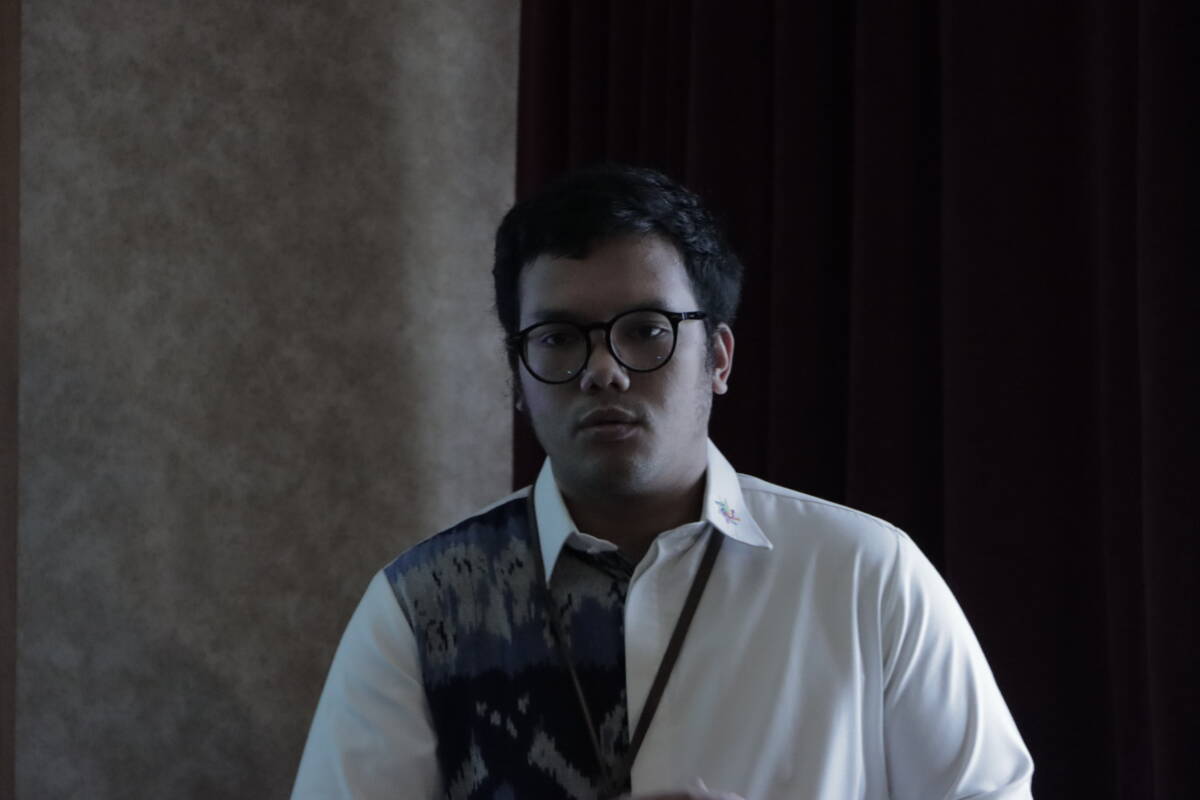Jakarta, August 13, 2024 – Solar energy adoption worldwide is increasing, reaching up to 1.6 TW by 2023. In Southeast Asia, the total solar energy capacity reached 25.9 GW in the same year. The Institute for Essential Services Reform (IESR) believes that Indonesia needs to strengthen the solar industry’s supply chain to compete in solar module technology, drive solar adoption, and create jobs that contribute to economic growth.
To strengthen collaboration and support for the utilization of solar power and the development of the domestic solar power component industry, the Institute for Essential Services Reform (IESR), in collaboration with the Coordinating Ministry for Maritime Affairs and Investment (Kemenkomarves) and the Ministry of Energy and Mineral Resources (KESDM) and partnership with RE100 Climate Group held the Indonesia Solar Summit (ISS) 2024.
Marlistya Citraningrum, Program Manager for Sustainable Energy Access, IESR, said that considering technological development, price, and potential, solar energy should be a crucial strategy for achieving the renewable energy mix target and accelerating the energy transition.
“Indonesia Solar Summit 2024 will discuss key strategies in developing the domestic solar PV industry and garner commitments from the government and business entities to accelerate the utilization of solar PV in Indonesia,” said Marlistya at the Indonesia Solar Summit 2024 Media Luncheon on Tuesday (13/8/2024).
Alvin Putra Sisdwinugraha, Electricity and Renewable Energy Analyst, IESR, explained that Indonesia has more than 3,295 GW of solar energy potential. Solar module technology is growing with the dominance of silicon-based technology, where monocrystalline technology offers higher efficiency. Also, the price of solar modules has dropped by 66 per cent over the past five years to around 14.5 USDc/Wp (around Rp 2300/Wp).
“Indonesia needs to seize the opportunity to develop the PLTS industry supply chain in Indonesia so that it can compete with imported PLTS products. In addition, China’s expansion of Chinese solar module production to Southeast Asia for export to the United States and Europe needs to be seen as an opportunity to work together in building domestic solar module production,” Alvin said.
Based on IESR’s analysis, although Indonesia’s solar module production capacity is increasing, reaching 2.3 GW/year as of June 2024, in terms of size, efficiency, price and tier-1 panel category, Indonesia still lags behind imported solar modules. No domestic solar module has even received tier-1 certification, making obtaining financing from international financial institutions difficult. The price of local solar power plants is 30-45% higher than imported ones.
IESR encourages the government to improve the competitiveness of local solar power plants by providing both fiscal and non-fiscal incentives to reduce production costs, especially if they are export-oriented, collaborating with global producers for technology transfer, and providing regulatory certainty and domestic markets. In addition, the government overcomes the obstacle of low domestic demand, one of which is the periodic procurement of tenders.
Arya Rezavidi, Principal Expert Engineer at the Center for Energy Conversion and Conservation Research at the National Research and Innovation Agency (BRIN), said that a strong solar power supply chain will increase the added value of minerals essential for making solar modules. For example, the economic added value of the crystalline silicon solar cell supply chain industry can optimally be 637.5 times compared to the initial cost.
“The development of solar PV is not only to achieve the renewable energy mix target, but also to signify that Indonesia has mastered competitive solar PV technology,” added Arya.
Furthermore, Wilson Kurniawan, Chief Financial Officer (CFO) of PT Trina Mas Agra Indonesia, revealed that from the company’s side, the solar cell and module industry needs support in the form of certainty and acceleration of the realization of solar panel demand, priority use of domestically produced solar panels, regulations and initiatives to grow solar panel supporting industries, policies that encourage upstream investment, and the imposition of import duties to protect domestic manufacturers.
The 2024 Indonesia Solar Summit (ISS) takes the theme “Building Indonesia’s Solar Power Supply Chain to Accelerate the Energy Transition and Support Green Industry”. The 2024 ISS will be held on Wednesday, August 21, 2024, as part of the pre-event Indonesia Sustainability Forum 2024. Registration is free at idsolarsummit.info.

